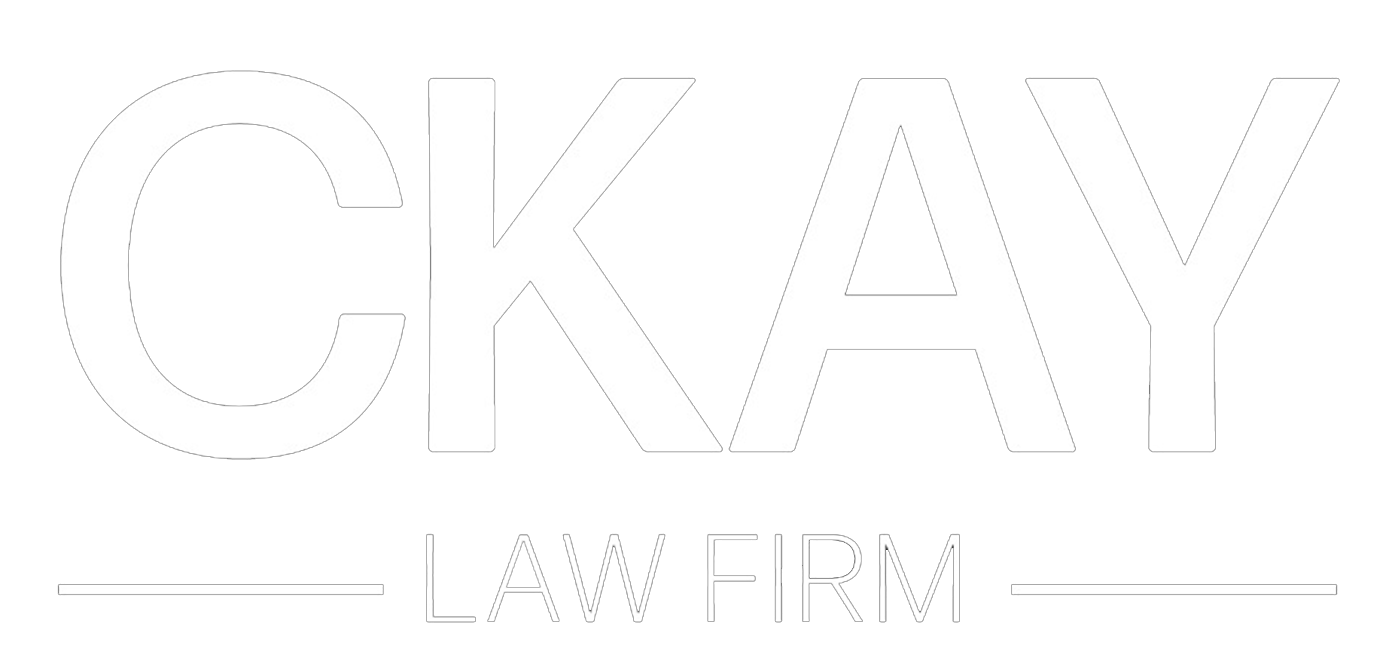
Learn about trading companies in Turkey, their types, and the step-by-step establishment process. Your guide to starting a business in Turkey.
Turkey stands as a significant hub for global trade thanks to its strategic geographic location, robust economy, and investor-friendly policies. The establishment of trading companies in Turkey is governed by the Turkish Commercial Code (TCC) No. 6102, which defines five distinct company structures: Joint-Stock Company (JSC), Limited Liability Company (LLC), Limited Partnership, Cooperative Company, and Collective Company. Each type caters to unique business needs and operational models, making it essential for entrepreneurs to understand the differences before starting their ventures.
These company types are broadly categorized into capital companies (e.g., JSCs, LLCs) and sole proprietorships (e.g., collective and ordinary limited partnerships). Capital companies limit the liability of shareholders to their initial contributions, while sole proprietorships impose unlimited liability on partners. This article delves into the key company types, their structures, and the procedural steps to establish a trading company in Turkey.
Types of Companies in Turkey
1. Joint Stock Company (JSC)
The Joint-Stock Company is a preferred choice for large-scale businesses due to its distinct capital structure. Shareholders’ liability is limited to the value of their subscribed shares, making this structure ideal for risk management. Key features include:
- General Assembly: The decision-making body comprising shareholders. Responsibilities include amending articles of association, electing the Board of Directors, and deciding on mergers or liquidations.
- Board of Directors (BoD): This executive body oversees daily operations and represents the company in legal and financial matters.
The minimum capital requirement for a JSC is 250,000 Turkish liras. The lack of either governing body can lead to the dissolution of the company, underscoring the importance of compliance with legal obligations.
2. Limited Liability Company (LLC)
LLCs are the most popular company type in Turkey, especially among small and medium-sized enterprises (SMEs). With a minimum capital requirement of 50,000 Turkish Liras, LLCs are both accessible and versatile. Unique aspects include:
- Single-Partner Formation: LLCs can be established with just one partner, making them attractive for solo entrepreneurs.
- Management: Instead of a Board of Directors, LLCs are managed by appointed managers responsible for day-to-day operations.
The limited liability of shareholders and the flexible organizational structure make LLCs a highly sought-after choice for various industries.
3. Limited Partnership With Capital Divided into Shares
This hybrid structure combines features of both JSCs and partnerships. While capital is divided into shares like in a JSC, the partnership framework introduces unique operational flexibility. The governance includes:
- General Assembly: Shares decision-making responsibilities among shareholders.
- Board of Directors: Ensures operational efficiency and legal compliance.
This type is often chosen for medium-scale businesses requiring shared responsibilities.
4. Sole Proprietorships
Sole proprietorships are straightforward to establish and manage, making them ideal for small-scale enterprises. Types include collective companies and ordinary limited partnerships. Key characteristics:
- Unlimited Liability: Partners are personally liable for the company’s debts, increasing the risk but also encouraging trust among partners.
- No Minimum Capital Requirement: This feature makes sole proprietorships accessible to entrepreneurs with limited resources.
- Flexibility: Decision-making is swift due to fewer bureaucratic layers, but the unlimited liability factor requires careful consideration.
Sole proprietorships thrive on trust and collaboration, which is suitable for ventures prioritizing agility over scalability.
Company Formation Process in Turkey: Necessary Steps
Establishing a company in Turkey involves a systematic process that ensures legal compliance and smooth business operations. Here are the key steps:
1. Determining The Company Type
Choosing the right company structure is crucial for aligning with the business’s goals and operational needs. Each type has distinct capital requirements, liability structures, and governance frameworks. The choice directly influences future growth and operational ease.
2. Drafting the Articles of Association
The Articles of Association(AoA) serve as the legal foundation of the company. It includes details such as:
- Company name and address,
- Business activities,
- Capital structure,
- Shareholder rights and responsibilities.
This document must be meticulously drafted to ensure clarity and avoid legal disputes.
3. Notary Approval
The Articles of Association must be notarized to gain official validity. This step is a legal requirement and involves the physical presence of the company’s representative. Notarization solidifies the legal status of the foundational document.
4. Preparing Necessary Documents
A comprehensive set of documents is required for trade registry application, including:
- Notarized Articles of Association,
- Identity documents of shareholders,
- Address declaration,
- Signature circulars,
Accuracy and completeness in documentation expedite the registration process.
5. Registration in the Trade Registry
The final step is registering with the Trade Registry Directorate. This transforms the entity into a legal entity capable of conducting business. Once registered, the company can:
- Open bank accounts in Turkey,
- Enter into contracts,
- Begin commercial activities.
Professional assistance can significantly streamline this process, ensuring compliance and timely execution.
Conclusion & Final Thoughts
Establishing a trading company in Turkey requires strategic planning and adherence to legal procedures. From selecting the appropriate company type to registering with the trade registry, every step lays the foundation for a successful venture. While the process may seem complex, professional guidance can simplify the journey, enabling entrepreneurs to focus on growth and innovation. By understanding the nuances of Turkish company structures and regulations, businesses can tap into a thriving market and build sustainable operations.


